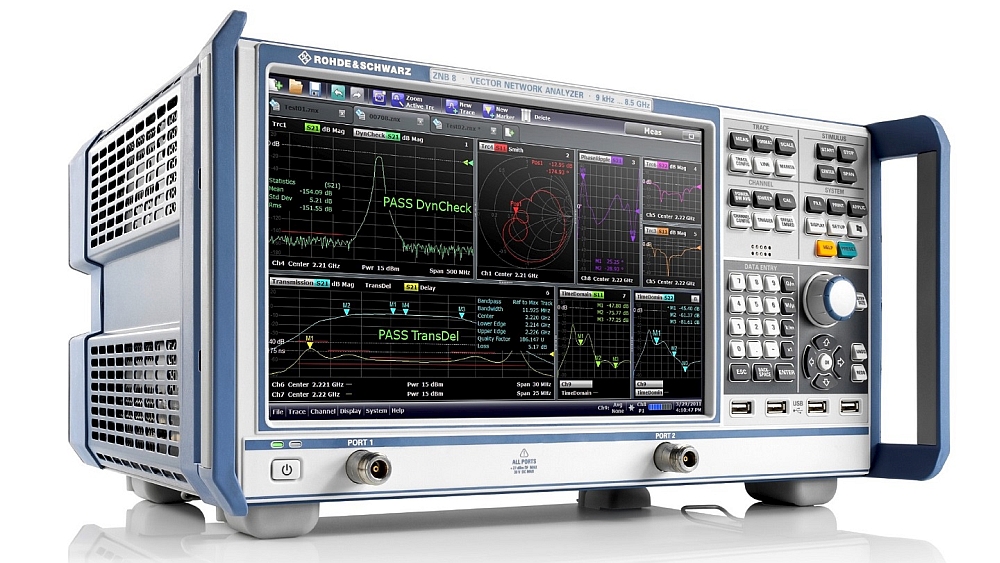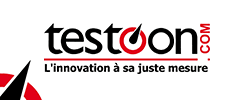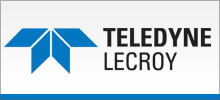- Rohde & Schwarz and TE Connectivity, a specialist for connectivity components and sensors, are cooperating in the testing of automotive Ethernet cables and connectors.
- The two companies have successfully tested a communication link, using shielded twisted pair (STP) cables and TE’s MATEnet data connector system, for compliance with the TC9 1000BASE-T1 specification of the One-Pair Ethernet Alliance (OPEN).
Automotive Ethernet, currently offering speeds of up to 10 Gbps, is becoming the solution of choice for in-vehicle communications. For data rates up to 1Gbps (1000BASE-T1), transmission can be achieved via unshielded twisted pair cable (UTP). However, from 1 Gbps, electromagnetic interference (EMI) becomes increasingly critical and can potentially affect the integrity of other communication signals operated by the vehicle.
The OPEN Alliance TC9 technical committee, which defines cable and connector requirements for in-vehicle networks using Automotive Ethernet, is now focusing on shielded cabling to minimize potentially harmful interference emissions as data transmission speeds tend to increase dramatically. For example, these can reach 2.5 Gbps, 5 Gbps or even 10GBASE-T1.
The integration of in-vehicle networks in vehicles requires that the cables and connectors comply with the STP TC9 test specifications beforehand. Rohde & Schwarz supported TE in its validation process during the development and manufacturing phases of its automotive cables and connection components.
The compliance tests were performed on STP cables with TE’s MATEnet terminals and connectors using the R&S ZNB vector network analyzer and AtaiTec’s integrated in-situ de-embedding (ISD) function.






